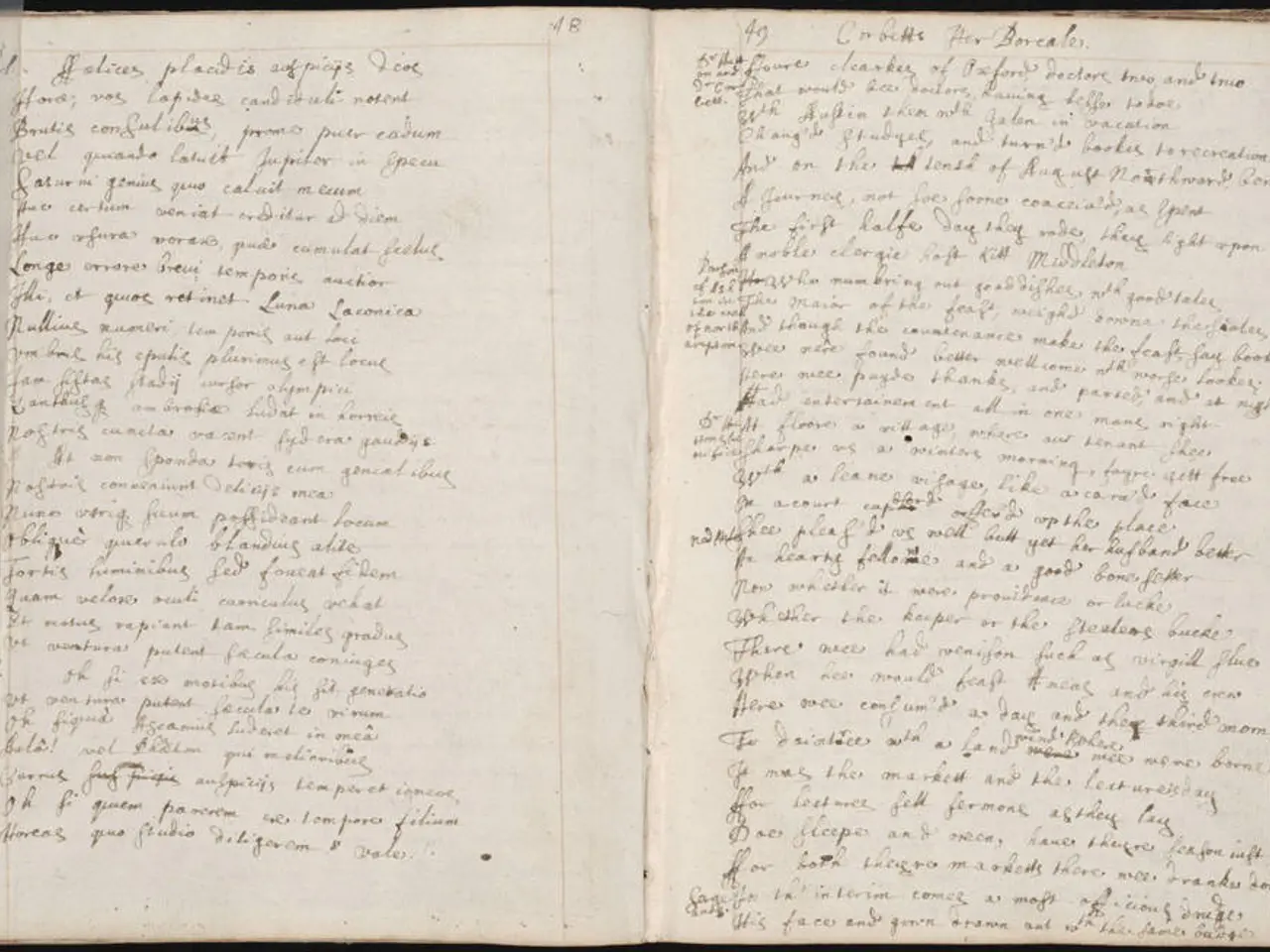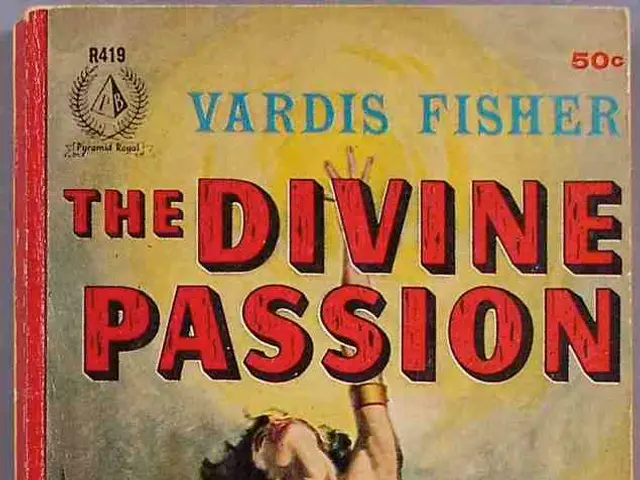Agents in the Literary Field Hold Significant Importance
In the world of traditional book publishing, having a literary agent can make all the difference. Here's why:
A literary agent acts as a professional negotiator, securing favorable terms and advances for authors in their dealings with traditional publishing houses. This includes negotiating contracts, ensuring authors receive the best possible deals [2].
Agents also function as gatekeepers and advocates, improving an author's chances of acceptance in a highly selective industry. They submit manuscripts to publishers, often increasing the likelihood of acceptance [1].
Moreover, literary agents have access to mainstream retail, media channels, and industry connections that are difficult for authors to reach independently. This extensive network can help position a book for commercial success and broader exposure in bookstores and media outlets [1].
Throughout the publishing process, agents provide guidance and expertise. This includes helping with manuscript development, production timelines, and navigating the often lengthy process which can range from 12 to 24 months or more [1].
Each agent has different preferences, and they may request a synopsis, chapters, or just a query. After reviewing the query, they may request more of the manuscript or reject it. Pitch sessions at conventions provide a formal opportunity to discuss the book with an agent and catch their interest [3].
Good literary agents have personal contacts at various publishers, which allows them to sell manuscripts more effectively. They are looking for promising writers that can succeed commercially, and their ultimate decision stems from whether or not they believe the manuscript will sell [4].
Agents are interested in career writers or those who aspire to be, as they aim for repeat business. They create a list of possible publishers and what they are looking for, ensuring the manuscript is submitted to the most appropriate publisher [5].
If necessary, agents may request changes to the manuscript to make it more viable and increase its chances of being published [6]. Informal events at conventions, such as bars, offer opportunities to meet industry professionals on a personal level [7].
For new authors, advances are rarely large, so agents look for career writers who they can invest in for potential future benefits [8]. A literary agent is critical for traditionally publishing authors, as they can mentor writers, negotiate contracts, secure foreign rights, and help get a new author in front of the Big 5 publishers [9].
In the field of Science Fiction and Fantasy, professional level publishers are required to offer at least a $3000.00 advance to be considered a SFWA qualified pro-market [10].
However, it's worth noting that agents advise against hiring professional editors before submitting the manuscript, as it can artificially inflate the quality of the writing [1]. Joshua Bilmes, an agent for Brandon Sanderson and Charlaine Harris, will automatically reject submissions that state the manuscript has already been professionally edited [4].
In conclusion, a literary agent is crucial for navigating the traditional publishing landscape, opening doors to publishers, negotiating contracts on your behalf, and helping position your book for commercial success and broader exposure in bookstores and media outlets.
Read also:
- Today's most impactful photographic moments
- Support for Eric Adams in The Post's Letters to the Editor on August 13, 2025
- Roosting Shark and Rambunctious Red Squirrels: Unconventional House Rental in Yorkshire Involving Aquatic Marvel, Squirrely Mayhem, and Mystical Planning Regulations
- Love, Work, and Friendship Harmonies between Aries Signs








